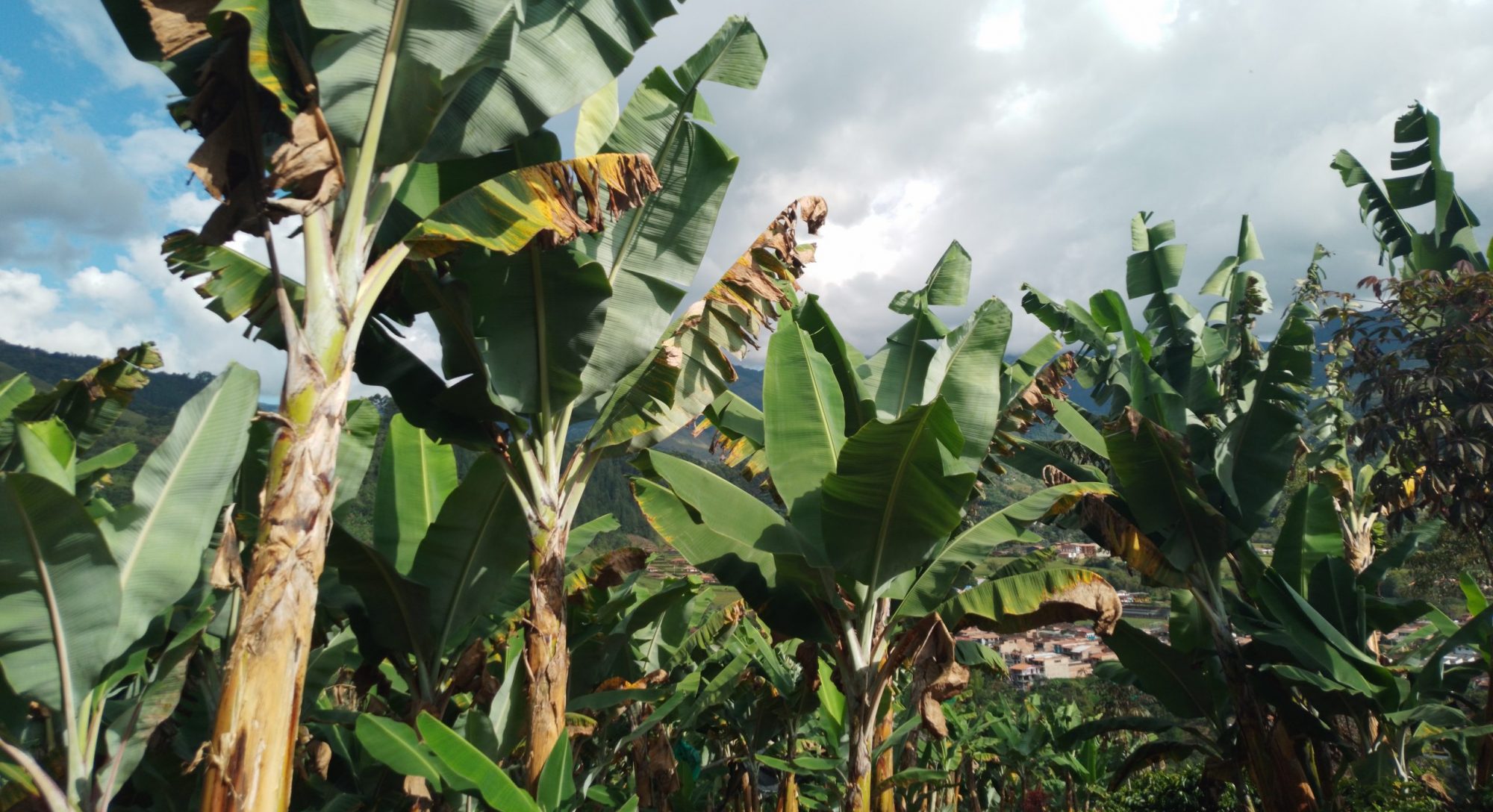Call for papers: RGS-IBG Annual International Conference 2014:
London, 26th–29th August 2014
Witchcraft, spiritual beliefs, and the co-production of development knowledges and practices in the Majority World.
Convenor: Tom Smith, Department of Geography, The University of Sheffield, Sheffield, S10 2TN
Sponsored by the Developing Areas Research Group (DARG)
Session Abstract:
Traditionally a domain of anthropological study, witchcraft, occult and spiritual practices in the Majority World have received considerably less attention from geographers. Yet the continued importance of these knowledges and practices in Africa and elsewhere prompts this session to call for discussion over their contemporary role in the co-production of development knowledges and practices.
Whilst there has been some influential work on the history of magic and occult thinking in early geographical/scientific thought (Livingstone 1990; Matless 1991), and the embodied practices of witchcraft in the Minority World (Rountree 2002), much less consideration has been offered from the realms of Development Geographies (broadly defined) to the intersections between witchcraft, occult practices, and spiritual beliefs with development in the Majority World. Yet these themes seem ripe for discussion, particularly concerning the nature of rationality, or rationalities, being applied to contemporary development agendas at a range of geographic scales. Whilst current thinking on local knowledges for development and local participation in development have done away with privileging knowledges and technologies from the Minority World, a focus on witchcraft and the occult, and its role in development practice, might ask more fundamental questions about the kinds of rationalities, moralities and ethics being applied to development agendas and goals. In Africa, witchcraft and magical practices have not receded under the variegated forms of development which have and continue to operate across a range of national contexts (Kohnert 1996; Luongo 2010). This should prompt us to consider: What role does witchcraft and spiritual belief play in contemporary forms of development practice and knowledge at a range of scales? How do such practices and beliefs intersect with the current participatory/local knowledges agenda? Do witchcraft and spiritual beliefs contribute to the co-production of development knowledges and imaginaries, both locally and nationally?
This session invites contributions which discuss how witchcraft, occult practices, and spiritual beliefs intersect with the geographies of development at a range of scales and contexts. This might include the relationship between such practices and environmental management, education, rural and urban livelihoods, healthcare and medicine, law, community organisation, among others, whilst broader theoretical, conceptual and methodological reflections are also encouraged. I would also like to invite those from a broad range of disciplinary backgrounds to participate.
Please email proposals (title, 250 word abstract) or questions to:
Deadline for abstracts: 3rd February 2014
Format of the session:
The presentation of 4-5 selected papers.
References:
Kohnert, D. (1996) Magic and witchcraft: implications for democratisation and poverty-alleviating aid in Africa, World Development 24(8), 1347-1355.
Livingstone, D. N. (1990) Geography, tradition and the scientific revolution: an interpretive essay, Transactions of the Institute of British Geographers NS: 15(3), 359-373.
Luongo, K. (2010) Polling places and “slow punctured provocation”: occult-driven cases in postcolonial Kenya’s High Courts, Journal of East African Studies 4(3), 577-591.
Matless, D. (1991) Nature, the modern and the mystic: tales from early twentieth century geography, Transactions of the Institute of British Geographers NS: 16(3), 272-286.
Rountree, K. (2002) How magic works: New Zealand feminist witches’ theories of ritual action, Anthropology of consciousness 13(1), 42-59.
